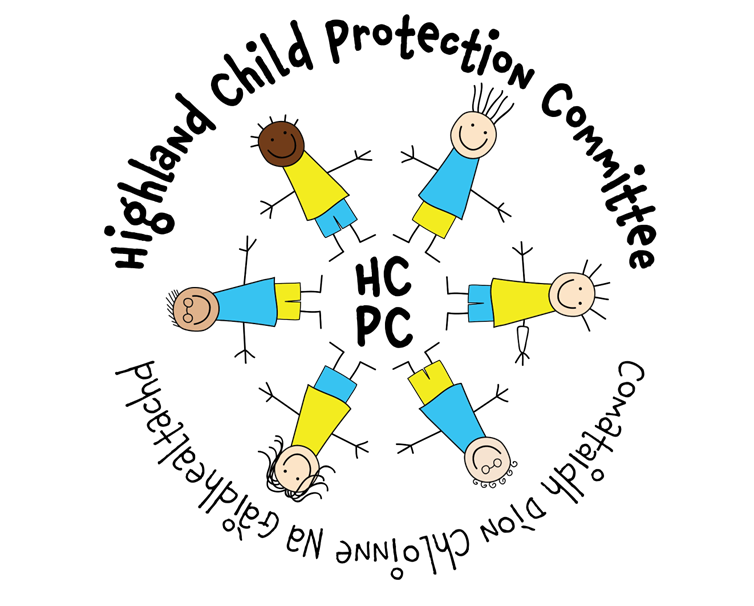Practitioners in police, social work and health must participate in the IRD and Education/Early Learning and Childcare may have an essential contribution. Third sector agencies may also be approached for information where relevant. IRD participants must be sufficiently senior to assess and discuss available information and make decisions on behalf of their agencies. This requires access to supervision and training relevant to their role.
Social Work services: have the lead responsibility for enquiries relating to children who are experiencing or likely to experience significant harm and assessments of children in need. Where a child protection planning meeting (CPPM) is required, it will be a social worker who becomes the Lead professional.
The Police: have lead responsibility for criminal investigations relating to child abuse and neglect, sharing responsibilities to keep children safe. In Highland where the decision at IRD is for a child protection medical, the police will liaise with the paediatrician on call for child protection.
The Designated Health Professional: will lead on the need for and nature of recommended health assessments as part of the process. They will share relevant health information about the child at the IRD with consideration of any health needs. On some occasions it will be appropriate to share the health information of parents/carers of the child(ren) if it is believed this may have contributed to the concern. Decisions made at IRD should ensure the health needs of the child are considered.
Core agencies must plan together to ensure co-ordinated action. Education and ELC are critical sources of contextual information about children of nursery or school age and there will be occasions where it is appropriate to invite a sufficiently senior education rep to the IRD. Each agency must research the information systems available to them in order to share proportionate and relevant information for the purpose of effective decision making.

